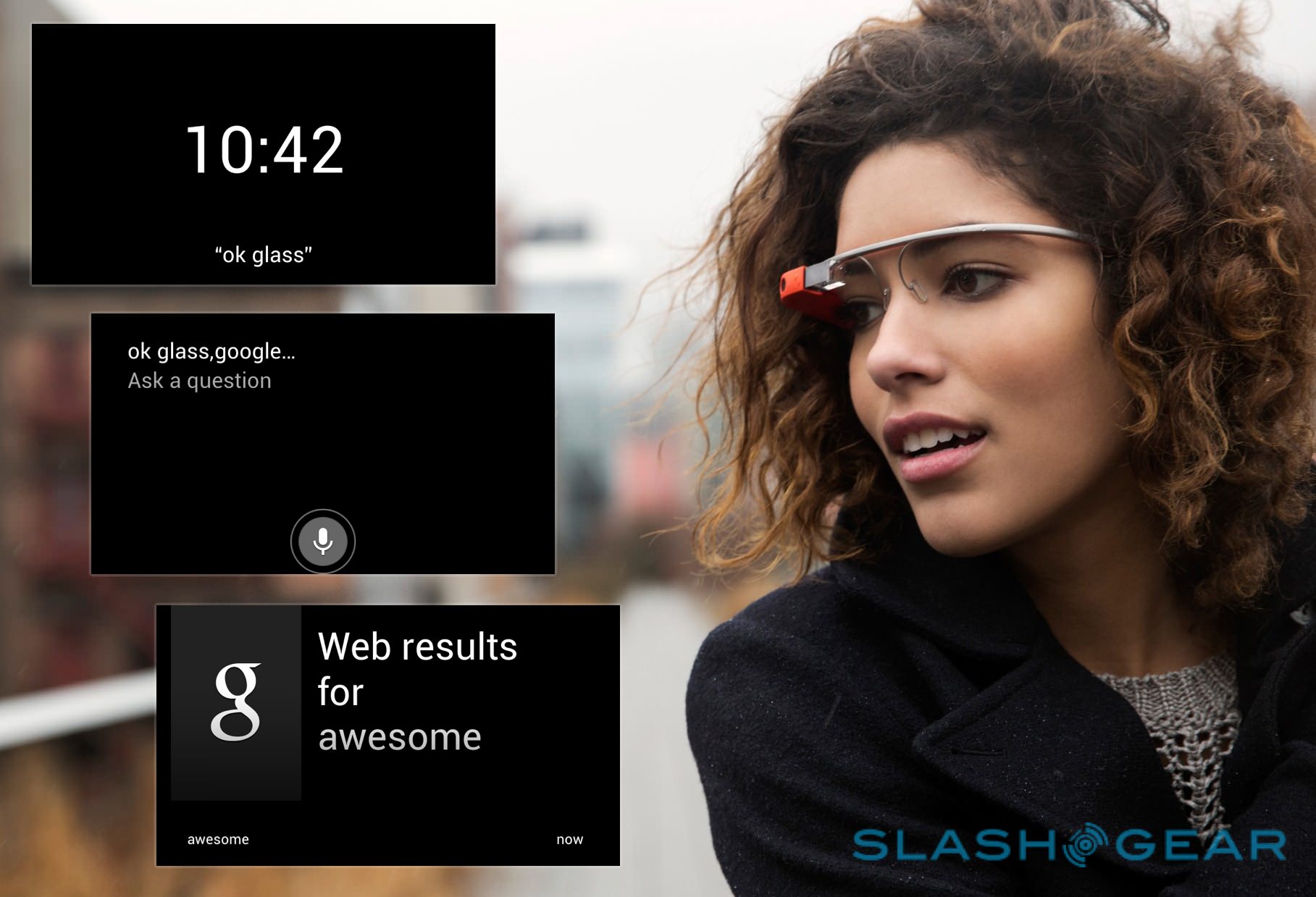Rose-Coloured Glasses: The Privacy Concerns of Google Glass
Students familiar with Jeremy Bentham’s Panopticon will understand the significance of uncertain surveillance. The Panopticon is a theoretical circular prison in which prisoners can never tell if they are being monitored or not. The possibility of being observed limits their freedom and defines their actions. If the public space was to suddenly be recorded by individuals and ready to be shared on YouTube, the threat of observation and scrutiny would force us to adjust how we behave. While this may sound like the overreaction of someone who has recently read Nineteen Eighty-Four, the difference is that these recordings of us will be the property of random, unaccountable consumers to use as they like. While this invasion of privacy is not illegal, it is certainly worth discussing.
Half-Full or Half-Empty?
To put it simply, introducing such a capable tool like Google Glass to consumers will have wildly positive and negative impacts. Face recognition applications will undoubtedly invade the perceived privacy of many, yet could possibly help those with severe cases of “face-blindness.” Constant video recording in public places could lead to fistfights and lawsuits, but could also help verify eyewitness evidence in court or capture the license plates of hit-and-run drivers.
The technology of Google Glass is neither inherently good nor malicious, but simply a tool for society to use as it sees fit. Instead of immediately accepting or denying the value of new technology, communities must take the time to discuss the benefits and ramifications of introducing such influential hardware into our public spaces. If we jump in head first (as we probably will), it is likely that Google Glass will shatter the relative calm we have in our presently tech-driven world.
































Share the post "Rose-Coloured Glasses: The Privacy Concerns of Google Glass"